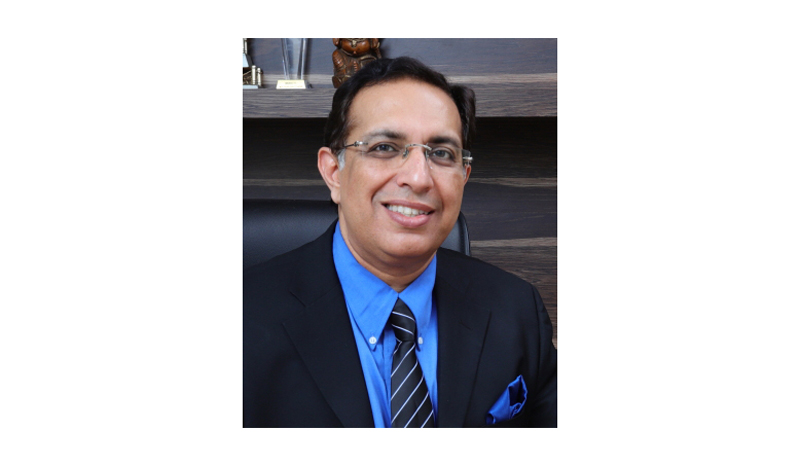Excelsior Correspondent
JAMMU, Jan 5: Vivek Puri, Managing Director, Puri Oil Mills Limited, who is also the promoter of P Mark Mustard Oil brand, stated that the country’s edible oil demand-supply could be bridged with mustard and mustard oil.
He said that India’s edible oil import figure has grown exponentially over the decades and now stands at 14.3 million tonnes (oil year ending October 31, 2022).
“This adds up to an import bill of Rs 1.57 lakh crore, which represents an enormous depletion of precious foreign reserves,” Puri said in a statement.
This dependence on imports, he said, leads to the onset of severe inflation as demonstrated by recent global shortages which caused edible oil prices to become almost unaffordable for the common people.
“The annual demand for edible oils in India is around 250 lakh tonnes, while domestic production is much lower-barely 116.6 lakh tonnes per annum, as per the data published by the Ministry of Consumer Affairs. This creates a gap that varies from 55 to 60 percent,” Puri said.
Under such circumstances, he said: “it is very important for the government to promote mustard within the ambit of diverse measures already initiated by the government.”
As far as addressing the demand-supply gap of the edible oils, Puri said one of the key challenges is to find ways to leverage technology, research, scientific innovation and grassroots level interventions to increase the yield of the mustard crop and bring productivity at par with Western farming standards.
He said a possible solution currently under discussion is Genetically Modified (GM) Mustard. However, there is a discernible difference of opinion among agricultural scientists, ecologists, researchers and policy makers. Until such differences are resolved, it is better in the larger public interest to keep GM Mustard in abeyance”.
Puri said that as manufacturers and marketers of a well-known mustard oil brand (P Mark Mustard Oil since 1933), they are sceptic about the maintenance of characteristic pungency in GM Mustard.
“Traditional Indian consumers are accustomed to this pungency and even use it as a measure of purity and authentic. Such consumers will be disappointed if GM Mustard oil fails to deliver on taste, aroma and pungency,” he said.
“The need of the hour is to proactively address the demand-supply gap in the edible oil segment. In this regard, we reiterate that mustard and mustard oil can definitely play a pivotal role in driving India towards self-reliance, import-independence – and national pride,” he said.
He also advocated for establishment of a mustard oil promotion board to promote Indian mustard oil across the globe in line with similar activities undertaken by bodies like the Malaysian Palm Oil Board, the American Soybean Association and Spain’s International Olive Council.


